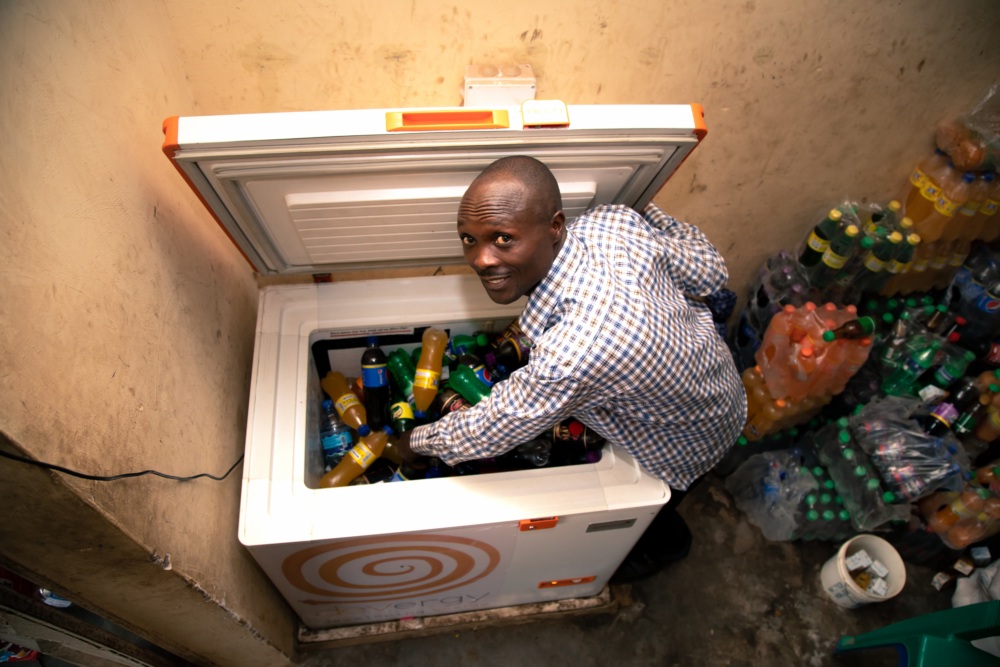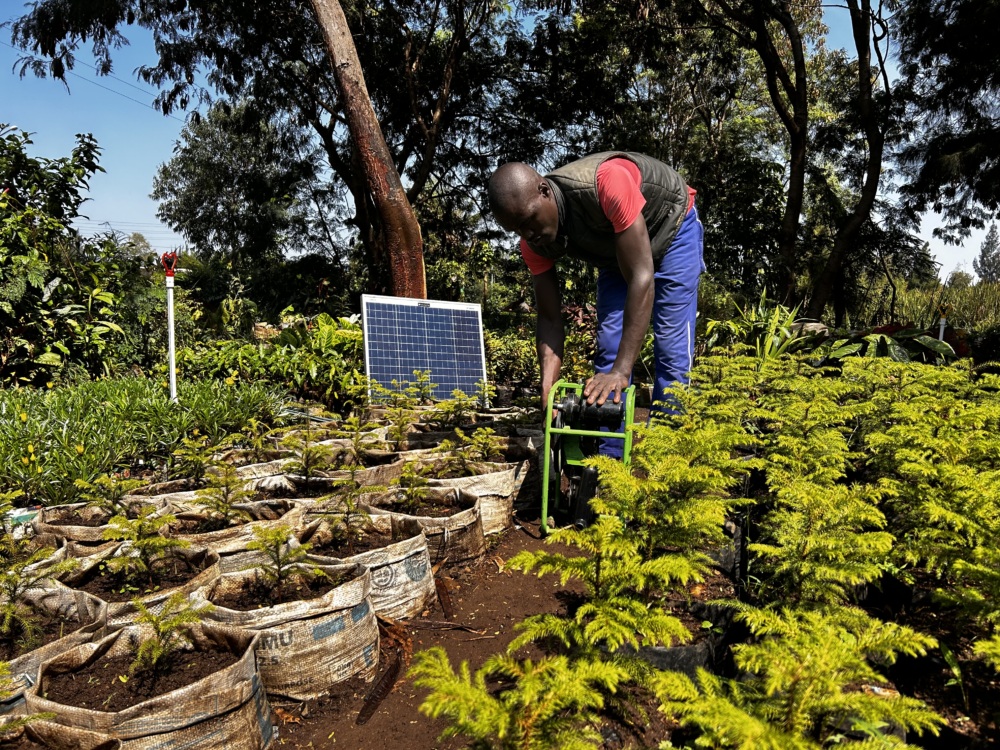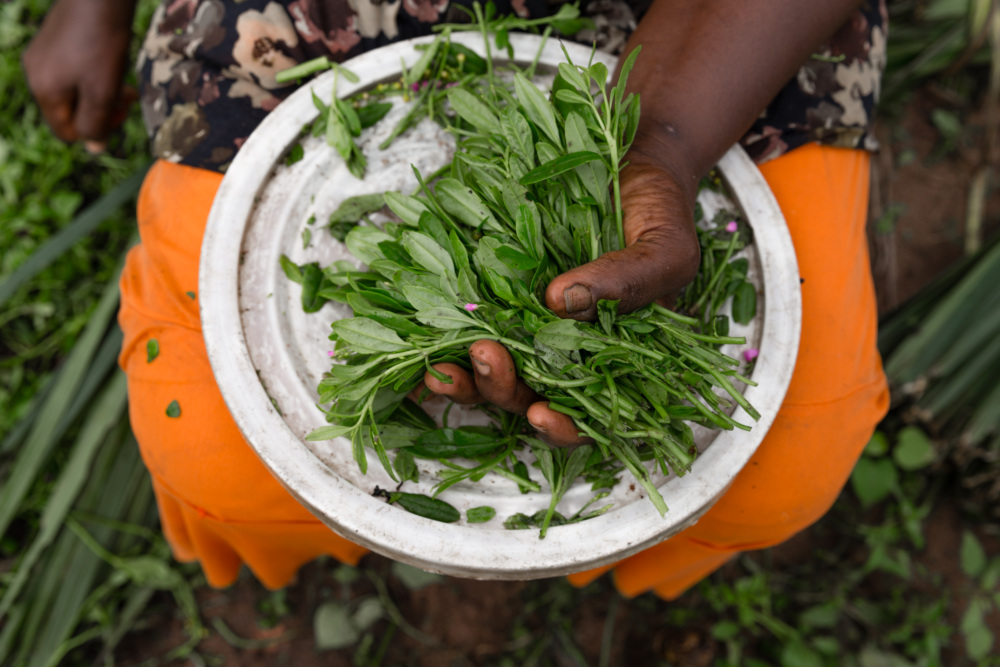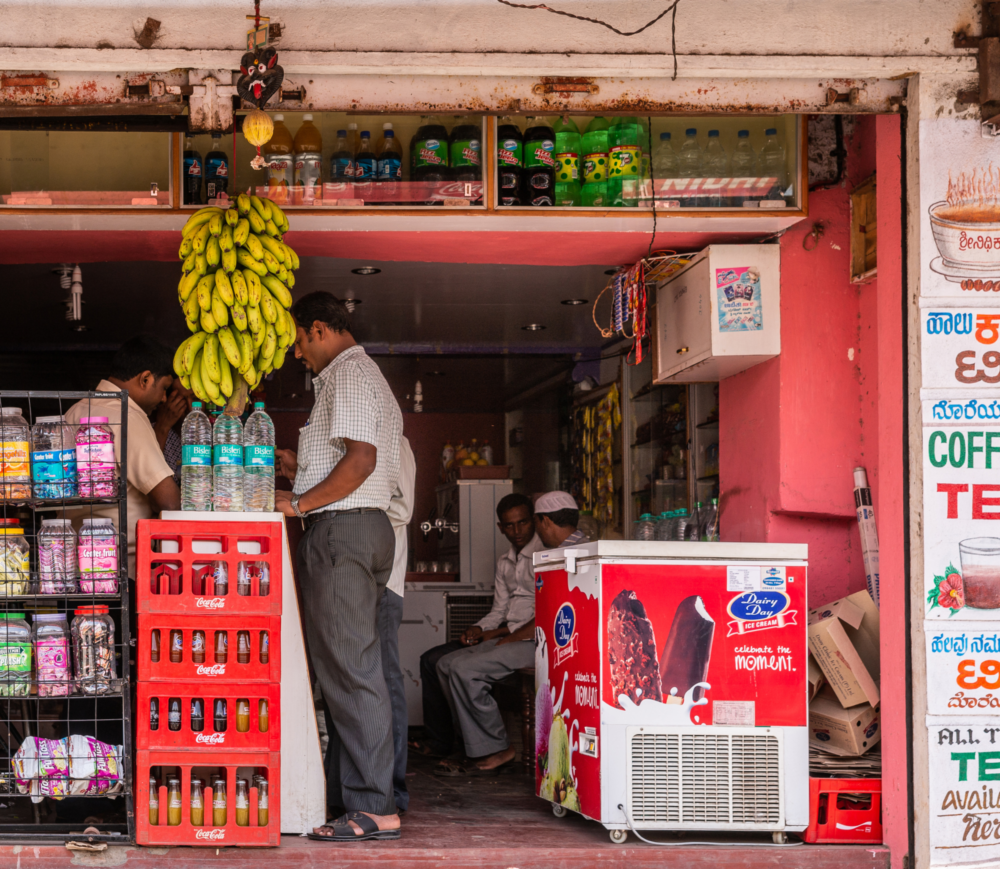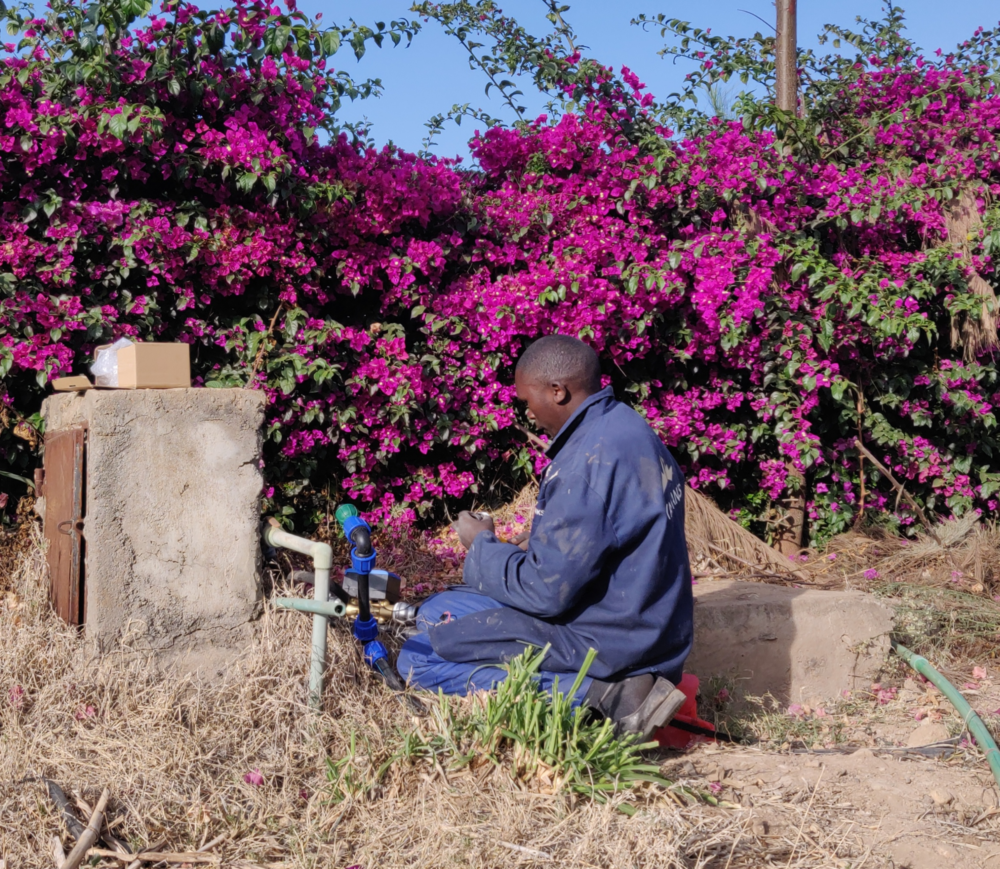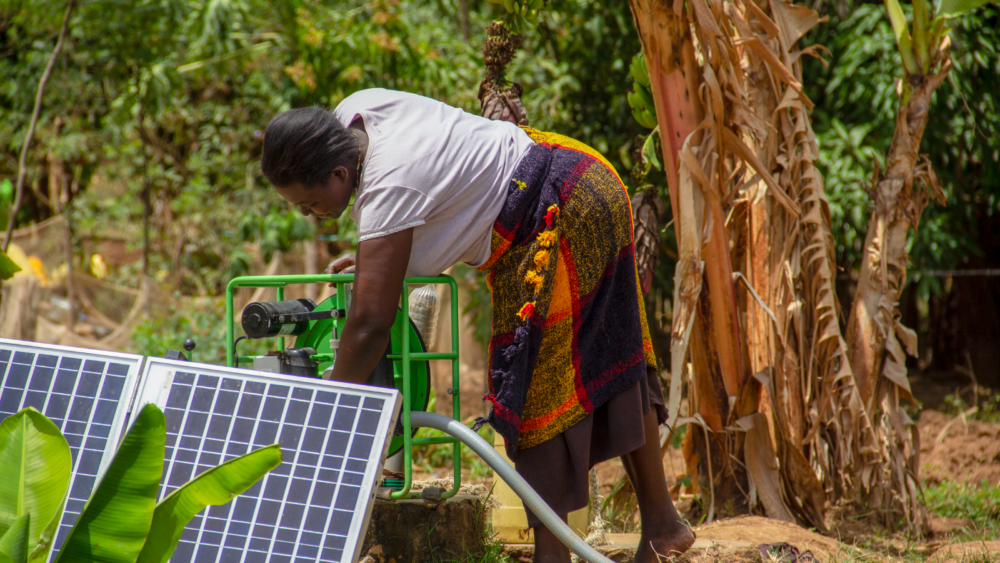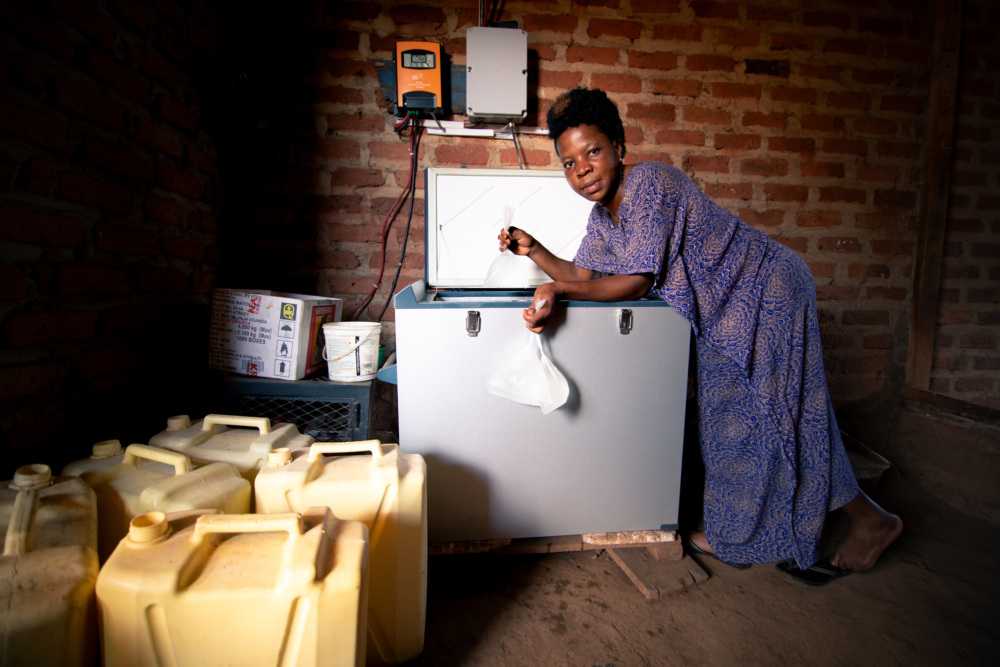Tanzania Market Snapshot: Horticulture Value Chains and Potential for Solar Water Pump Technology
Summary
In 2018, Efficiency for Access collaborated with Simusolar on a major research effort to size and characterize the market potential for modern irrigation in the Tanzanian horticulture sector. This report addresses important market and consumer information gaps for solar water pump manufacturers and distributors in Tanzania and beyond.
This report addresses important market and consumer information gaps for solar water pump manufacturers and distributors in Tanzania and beyond. While high solar radiation power and declining photovoltaic costs make solar water pumps (SWPs) an attractive irrigation option for smallholder farmers, their uptake in Tanzania lags behind other solar applications. Limited information about the characteristics of potential SWP customers and market size remains a large barrier for solar water pump manufacturers and distributors.
In 2018, Efficiency for Access collaborated with Simusolar on a major research effort to size and characterize the market potential for modern irrigation in the Tanzanian horticulture sector. This study synthesizes primary data from 67 stakeholder interviews, 81 focus groups, and 407 individual farmer surveys. It unearths new market intelligence on irrigation patterns in the Tanzanian horticulture sector and provides actionable insights for actors looking to increase adoption of solar water pumps (SWPs) in Tanzania and beyond. Its contents include key characteristics of Tanzanian farms and farmers—including farm size, crops cultivated, sales, and irrigation technology used—and six individual farmer typologies, which readers may use to inform solar water pump design and marketing, as well as general market development efforts.
Download the report here: Tanzania Market Snapshot: Horticulture Value Chains and Potential for Solar Water Pump Technology
About Efficiency for Access
Efficiency for Access is a global coalition working to promote renewable and energy efficient appliances to deliver clean energy to the world’s poorest people. It is coordinated jointly by CLASP and the UK’s Energy Saving Trust.

